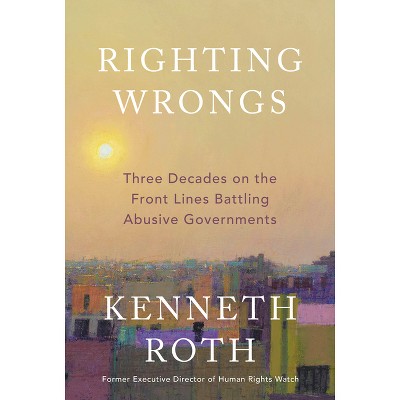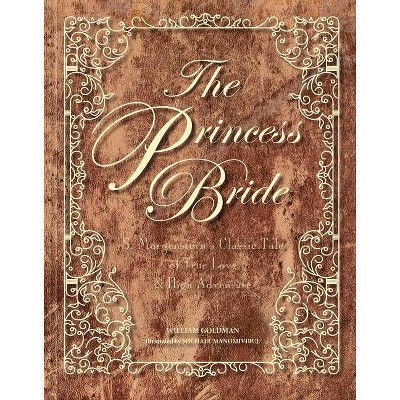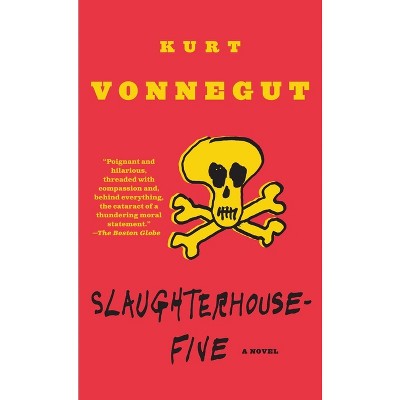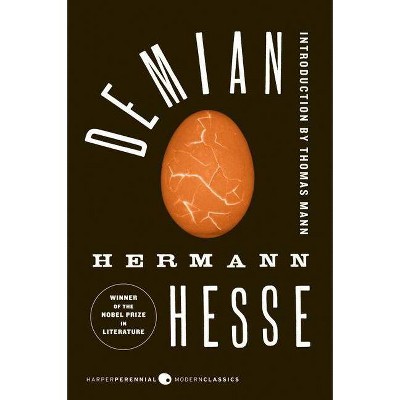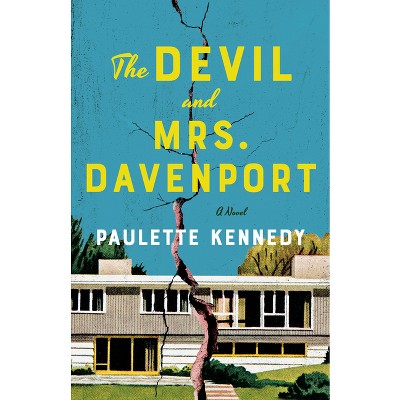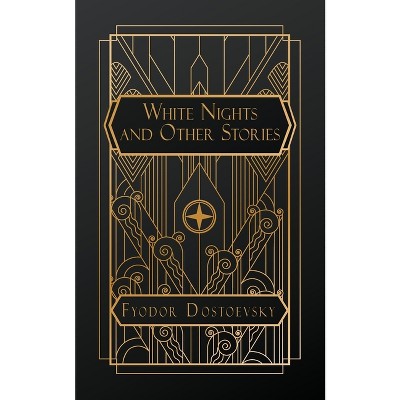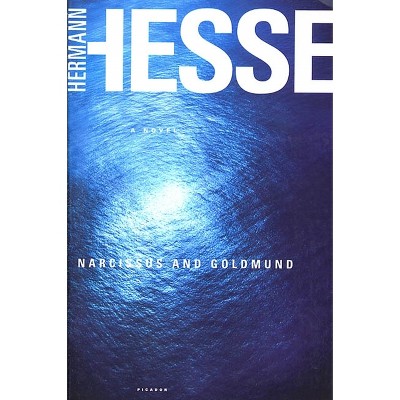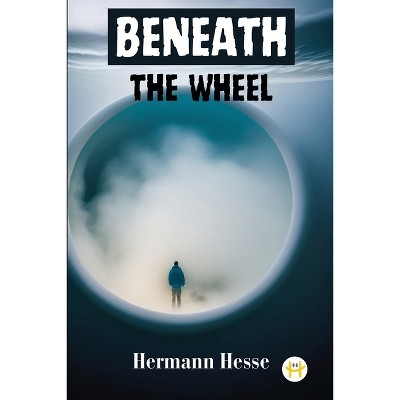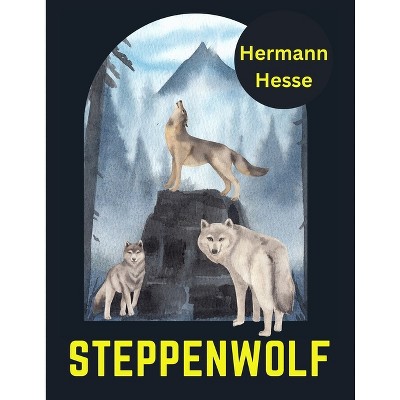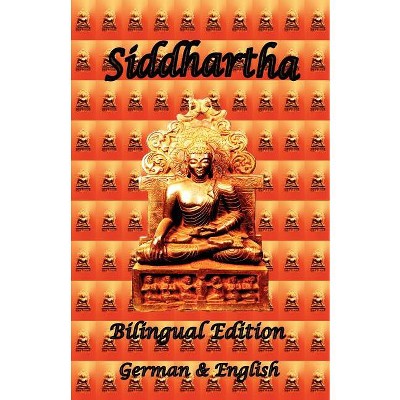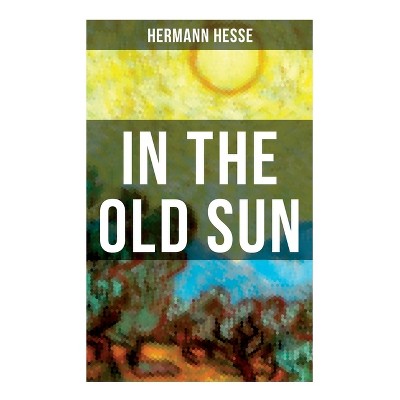Sponsored

Narcissus and Goldmund - by Hermann Hesse (Paperback)
$7.59Save $3.40 (31% off)
In Stock
Eligible for registries and wish lists
Sponsored
About this item
Highlights
- Hesse's novel of two medieval men, one quietly content with his religion and monastic life, the other in fervent search of more worldly salvation.
- About the Author: Hermann Hesse was born in 1877 in Calw, Germany.
- 320 Pages
- Fiction + Literature Genres, Literary
Description
Book Synopsis
Hesse's novel of two medieval men, one quietly content with his religion and monastic life, the other in fervent search of more worldly salvation. This conflict between flesh and spirit, between emotional and contemplative man, was a life study for Hesse. It is a theme that transcends all time. The Hesse Phenomenon "has turned into a vogue, the vogue into a torrent . . . He has appealed both to . . . an underground and to an establishment . . . and to the disenchanted young sharing his contempt for our industrial civilization."--The New York Times Book ReviewAbout the Author
Hermann Hesse was born in 1877 in Calw, Germany. He was the son and grandson of Protestant missionaries and was educated in religious schools until the age of thirteen, when he dropped out of school. At age eighteen he moved to Basel, Switzerland, to work as a bookseller and lived in Switzerland for most of his life. His early novels included Peter Camenzind (1904), Beneath the Wheel (1906), Gertrud (1910), and Rosshalde (1914). During this period Hesse married and had three sons. During World War I Hesse worked to supply German prisoners of war with reading materials and expressed his pacifist leanings in anti-war tracts and novels. Hesse's lifelong battles with depression drew him to study Freud during this period and, later, to undergo analysis with Jung. His first major literary success was the novel Demian (1919). When Hesse's first marriage ended, he moved to Montagnola, Switzerland, where he created his best-known works: Siddhartha (1922), Steppenwolf (1927), Narcissus and Goldmund (1930), Journey to the East (1932), and The Glass Bead Game (1943). Hesse won the Nobel Prize for Literature in 1946. He died in 1962 at the age of eighty-five.Dimensions (Overall): 6.86 Inches (H) x 4.22 Inches (W) x .88 Inches (D)
Weight: .36 Pounds
Suggested Age: 22 Years and Up
Number of Pages: 320
Genre: Fiction + Literature Genres
Sub-Genre: Literary
Publisher: Bantam
Format: Paperback
Author: Hermann Hesse
Language: English
Street Date: February 1, 1984
TCIN: 11821641
UPC: 9780553275865
Item Number (DPCI): 248-25-2211
Origin: Made in the USA or Imported
If the item details aren’t accurate or complete, we want to know about it.
Shipping details
Estimated ship dimensions: 0.88 inches length x 4.22 inches width x 6.86 inches height
Estimated ship weight: 0.36 pounds
We regret that this item cannot be shipped to PO Boxes.
This item cannot be shipped to the following locations: American Samoa (see also separate entry under AS), Guam (see also separate entry under GU), Northern Mariana Islands, Puerto Rico (see also separate entry under PR), United States Minor Outlying Islands, Virgin Islands, U.S., APO/FPO
Return details
This item can be returned to any Target store or Target.com.
This item must be returned within 90 days of the date it was purchased in store, shipped, delivered by a Shipt shopper, or made ready for pickup.
See the return policy for complete information.
Frequently bought together

$21.16
MSRP $39.99
Save $5 when you spend $20 on select books
4.8 out of 5 stars with 327 ratings



